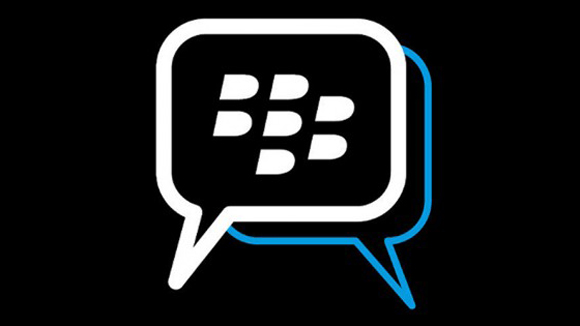BBM for Android and iOS: when will I get it?
Is the launch finally upon us?

The news that BlackBerry's proprietary messaging service is coming across to the two largest mobile ecosystems has been around for a while.
The announcement that iOS and Android are both being treated to BBM was made at BlackBerry Live at the beginning of the summer.
It seems a little odd that the proprietary messaging systems that was at the heart of reasons why the BlackBerry handsets of old gained popularity, would make it onto other handsets.
It all began with BBM's popularity with business users now able to communicate quicker than ever, and more securely thanks to pin based usernames, and BlackBerry's ultra secure servers.
Many of BlackBerry's services have gained FIPS 140-2 or FIPS 140-1 validations, leading to use by NATO, as well as UK, US and Australian governments, amongst others.
As smartphone purchases became more common amongst younger audiences, BBM then gained popularity as a way to send instant messages and images to each other, without the need to break into their monthly text allowances.
Why is BBM going cross OS?
Asking why BBM is going cross OS could easily be titled 'where did it all go wrong for BBM?'.
Sign up for breaking news, reviews, opinion, top tech deals, and more.
As with any of these pieces written about BlackBerry, the rise of the iPhone (now it it's seventh and eighth iterations with the iPhone 5S and iPhone 5C) can be heavily attributed to the demise of, and subsequent rise of cross OS BBM.
Being locked into the BlackBerry operating systems meant that users could only access the service if they were wielding one of the many BlackBerry devices, such as the BlackBerry Curve 8520 that became so popular amongst teenagers.
As iPhones gained in popularity, the user base for BBM declined rapidly. Consumers were skipping over BlackBerry handset offerings and opting for the iPhone or an Android handset instead.
Both the iOS and Android ecosystem thrived, at the expense of the once formidable Canadian company. Varying messaging apps were developed to make use of the mobile web, putting them in direct competition with BBM.
WhatsApp rose to fame, and is now one of the most popular and well known apps available for messaging available on iPhone, BlackBerry, Symbian and Windows Phone handsets.
Even Apple saw the merit and jumped on the IM bandwagon, integrating its proprietary iMessage service with the SMS app on the iPhone, tying users deeper into the Apple ecosystem.
BlackBerry is now looking to somehow regain the slice of the instant messaging pie, by launching across varying mobile operating systems.
There are some pitfalls though, as highlighted by Samsung's IM app, ChatOn. This is another cross OS messaging app found on the likes of the Samsung Galaxy S4, that began life solely Samsung devices. It has since struggled a little due to a lack of dedicated users.
BlackBerry has with a pre-existing base of users, both consumer and business however, so this could prove a shrewd move. Tempting users into BBM will offer BlackBerry the chance to show just how good their software is.
It will also allow them to target the prosumer market that the new BlackBerry handsets are aiming at.
For businesses tied into longer contracts on iPhone or Android handsets, the security of the BBM messaging system will once again allow them to again communicate securely without having to fork out for contract upgrades whilst giving BlackBerry some confidence that they might then opt for a new BlackBerry handset when their contracts expire.
Of course BlackBerry will hope that this will also rub off on the consumer market as it did before, with users potentially being tempted back into buying a BlackBerry like the BlackBerry Z30.
Why has it taken so long?
Had BlackBerry not run into the financial difficulties that have dogged it to a point that it is penning letters saying they aren't going anywhere; BBM might not have ever made it cross OS.